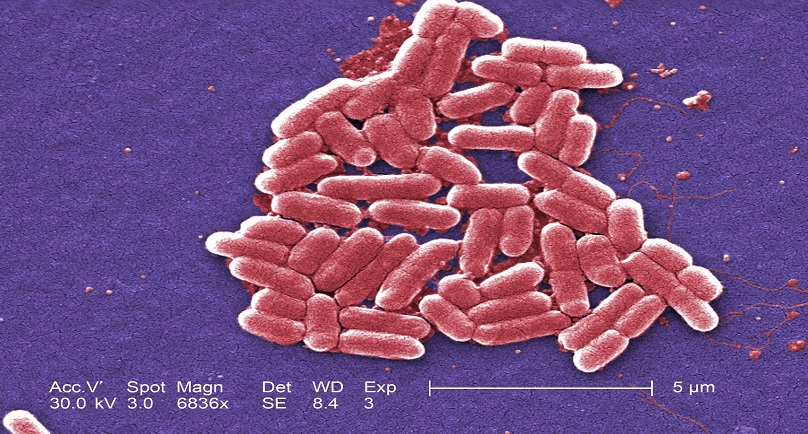![]()
By Ransdell Pierson
(Reuters) – U.S. health officials on Thursday reported the first case in the country of a patient with an infection resistant to all known antibiotics, and expressed grave concern that the superbug could pose serious danger for routine infections if it spreads.
“We risk being in a post-antibiotic world,” said Thomas Frieden, director of the U.S. Centers for Disease Control and Prevention, referring to the urinary tract infection of a 49-year-old Pennsylvania woman who had not traveled within the prior five months.
Frieden, speaking at a National Press Club luncheon in Washington, D.C., said the infection was not controlled even by colistin, an antibiotic that is reserved for use against “nightmare bacteria.”
The infection was reported Thursday in a study appearing in Antimicrobial Agents and Chemotherapy, a publication of the American Society for Microbiology. It said the superbug itself had first been infected with a tiny piece of DNA called a plasmid, which passed along a gene called mcr-1 that confers resistance to colistin.
“(This) heralds the emergence of truly pan-drug resistant bacteria,” said the study, which was conducted by the Walter Reed National Military Medical Center. “To the best of our knowledge, this is the first report of mcr-1 in the USA.”
The study said continued surveillance to determine the true frequency of the gene in the United States is critical.
“It is dangerous and we would assume it can be spread quickly, even in a hospital environment if it is not well contained,” said Dr. Gail Cassell, a microbiologist and senior lecturer at Harvard Medical School.
But she said the potential speed of its spread will not be known until more is learned about how the Pennsylvania patient was infected, and how present the colistin-resistant superbug is in the United States and globally.
The colistin-resistant gene was found last year in people and pigs in China. That discovery followed a different superbug gene that emerged in India in 2010.
In the meantime, Cassell said people can best protect themselves from the superbug and from other bacteria resistant to antibiotics by thoroughly washing their hands, washing fruits and vegetables thoroughly and preparing foods appropriately.
She said experts have warned since the 1990s that especially bad superbugs could be on the horizon, but few drugmakers have attempted to develop drugs against them.
“The medicine cabinet is threadbare because not enough has been done.”
(Reporting by Ransdell Pierson; Additional reporting by Bill Berkrot; Editing by Bernard Orr)
Copyright 2016 Thomson Reuters. Click for Restrictions.


